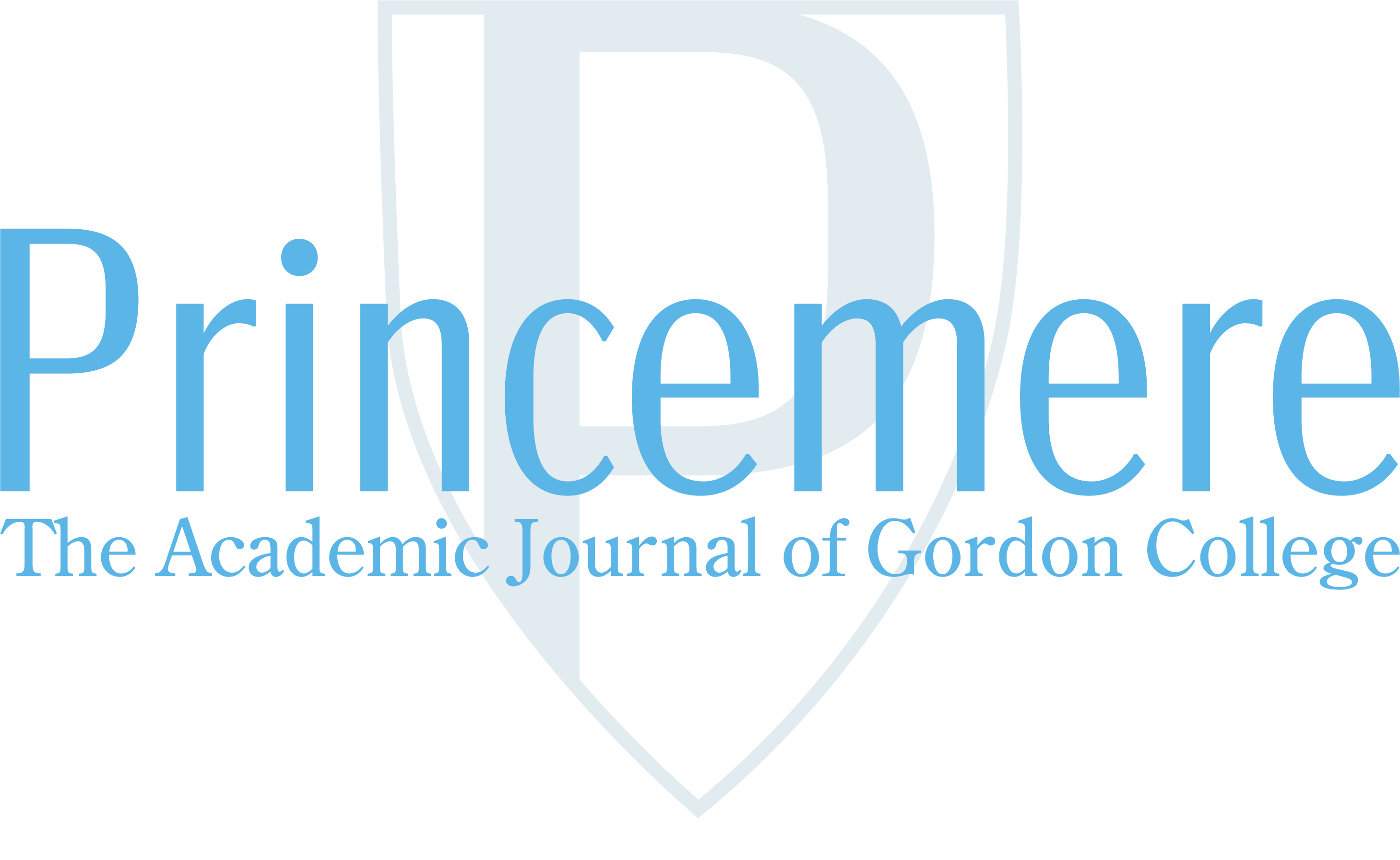Throughout her work, Amineh Abou Kerech demonstrates how poetry has helped young refugees suffering from diaspora persevere through both a critical point of their childhood development and a geopolitical struggle, while simultaneously bringing awareness to a war whose human toll has been largely neglected by the West. The Syrian conflict began following the violent suppression of peaceful protests by President Assad’s regime in March 2011.
The conflict quickly escalated into a “full-scale war” between the Syrian government and various fragmented anti-government rebel groups with differing ideologies and objections (“Civil War in Syria”). The three campaigns driving the conflict include coalition efforts to defeat the Islamic State, violence between the Syrian government and opposition forces, and military operations against Syrian Kurds by Turkish forces. Russia and Iran have provided material and military support to the Assad government, while the United States, Saudi Arabia, Turkey, and others have supported rebel groups that opposed the Islamic State and the Assad government.
The conflict has resulted in more than 400,000 deaths according to the World Bank (“Syria Events”), many of whom were civilians. Additionally, the Assad regime’s brutal tactics, including the use of chemical weapons against civilians, bombings of hospitals and residential neighborhoods, and the widespread use of torture, have all contributed to the refugee crisis. As of January 2019, almost six million had fled the country, while over six million had been internally displaced (“Civil War in Syria”). Refugees fled to Jordan and Lebanon, which strained the already weak public infrastructure and constricted local resources. More than three million people also fled to Turkey, and many more sought refuge in Europe.
Furthermore, the humanitarian disaster was exacerbated following the rise of the Islamic State of Iraq and Syria. As the threat of ISIS grew following a series of terror attacks in Europe and the growing territorial influence in Syria and Iraq, the United States and its coalition allies conducted over eleven thousand air strikes against Islamic State targets in Syria (“Civil War in Syria”). These airstrikes are responsible for the deaths of countless civilians, just one example being the coalition airstrikes during the battle for Raqqa between June and October of 2017. One year after this U.S.-led military campaign against ISIS, Yasser al-Khamis, the leader of the Raqqa’s emergency response team, was still working with his team to recover the remains of the battle’s casualties. In a 2018 interview with National Public Radio, he commented, “Raqqa did not deserve this destruction. Of course, we understood its fate because it was the capital of ISIS, but we were hoping that the civilian death toll would be lower” (Sherlock). His work has revealed a civilian death toll that was dramatically higher than the assessment given by the U.S.-led coalition against ISIS; in addition, the offensive killed many more civilians than it did ISIS members. At the time of the interview, the U.S led coalition against ISIS had verified 104 unintended civilian casualties, however, the workers in Raqqa estimated the real tally was likely in the “thousands.” Since January 2018, the rescue team had uncovered over 2,600 bodies (Sherlock). Although the United States opposed the Russian and Iranian sphere of influence over the region and the spread of ISIS into western countries, it has done little to actively aid the displaced civilians. For instance, Executive Order 13769 signed by President Donald Trump in January 2017 indefinitely suspended admission for Syrian refugees.
It is this collective trauma that has caused many refugees, particularly young people, to turn to poetry to verbalize their sense of loss for both their home and communities. The digital age along with social media have helped to illuminate these individuals’ experiences by giving them a platform to share their first hand accounts. Many newspapers and organizations have published the work of these refugees, one being the Los Angeles Times, who wrote, “The poetry radiating from the Syrian civil war echoes with nostalgia, bombs and betrayals; it slips into the lives of torn-apart families and boys of defiance who have grown into men with bandoleers and Kalashnikovs” (Fleishman). Amineh Abou Kerech is one young poet who has gained considerable notoriety since she fled Syria; she was the 2017 winner of the Betjeman Poetry Prize for her poem “Lament for Syria’’ and later went on to speak at an event hosted by the United Nations in February 2021. She originally lived in Darayya, but was forced to flee with her family in late 2012 at just seven years old. Her family moved consistently for two years before moving to Egypt, where she attended a school with 90 students in her class. This size was in high contrast to her school in Syria, which only had 20-30 students in each class; she recalled remembering her friends and old school “fondly” (“First Person”), and beginning to feel both a “longing and an agony” caused by being so far from her country and home. She began privately writing about her old life and how her life had since changed. In 2016, she arrived in the United Kingdom and says there she began to feel further and further disconnected from a sense of belonging and home. The language and cultural differences left her feeling further isolated. At school, she remembers meeting with other refugees to discuss their feelings in order to share and manage their sadness. They were encouraged to write, documenting their memories from back home. When she began writing poetry, she focused on her homeland, which she recalls missing immensely (“Syria, I will not write for anyone else” (“First Person”)). She explained that she did not want Syria to only be known for war, “[I] wanted to communicate the colours, smells and complexion of my country and our customs” (“First Person”). She wrote about memories of waking up to her grandmother drinking coffee next to a jasmine tree and seeing a boy hiding the cigarette he was smoking from his older brother on her way to school. Amineh’s poem, “Lament for Syria” addresses the topics of diasporic identity and the pain of losing one’s home,
I’m trying to design a City
of Love, Peace, Concord and Virtue,
free of mess, war, wreckage and misery
…
Oh Syria, my love
I hear your moaning
in the cries of the doves.
I hear your screaming cry.
I left your land and merciful soil
And your fragrance of jasmine
My wing is broken like your wing. (“First Person”)
On the ten-year anniversary of the beginning of the war in Syria, Amineh Abou Kerech reflected in an interview, “I am no longer afraid of anything or feel anxious, but I do remember the pain of those memories. I would like to say to children in general, and to Syrian children in particular who are still in camps, that if they are able, they should communicate their voices in writing, because the pen is their only weapon” (“First Person”). Amineh’s work exemplifies the pain of leaving one’s homeland and her great personal desire for peace.
Forced migration results in complex human experiences and considerable trauma. Poetry is a powerful format for expressing the grievances and sadness that comes with losing one’s home, community, and country. Throughout her work, Amineh Abou Kerech conveys the loss of youthful innocence that many Syrian children have experienced throughout this conflict, and demonstrates how political struggles often overshadow the real human experiences and emotions felt by countless young people.

Brianna Quinn
Brianna Quinn is a sophomore English major from Camden, Maine. She is a staff editor for the Idiom, reporter for the Tartan, and virtually tutors students in Korea. She loves writing and enjoys reading poetry, especially from the romantic period.
